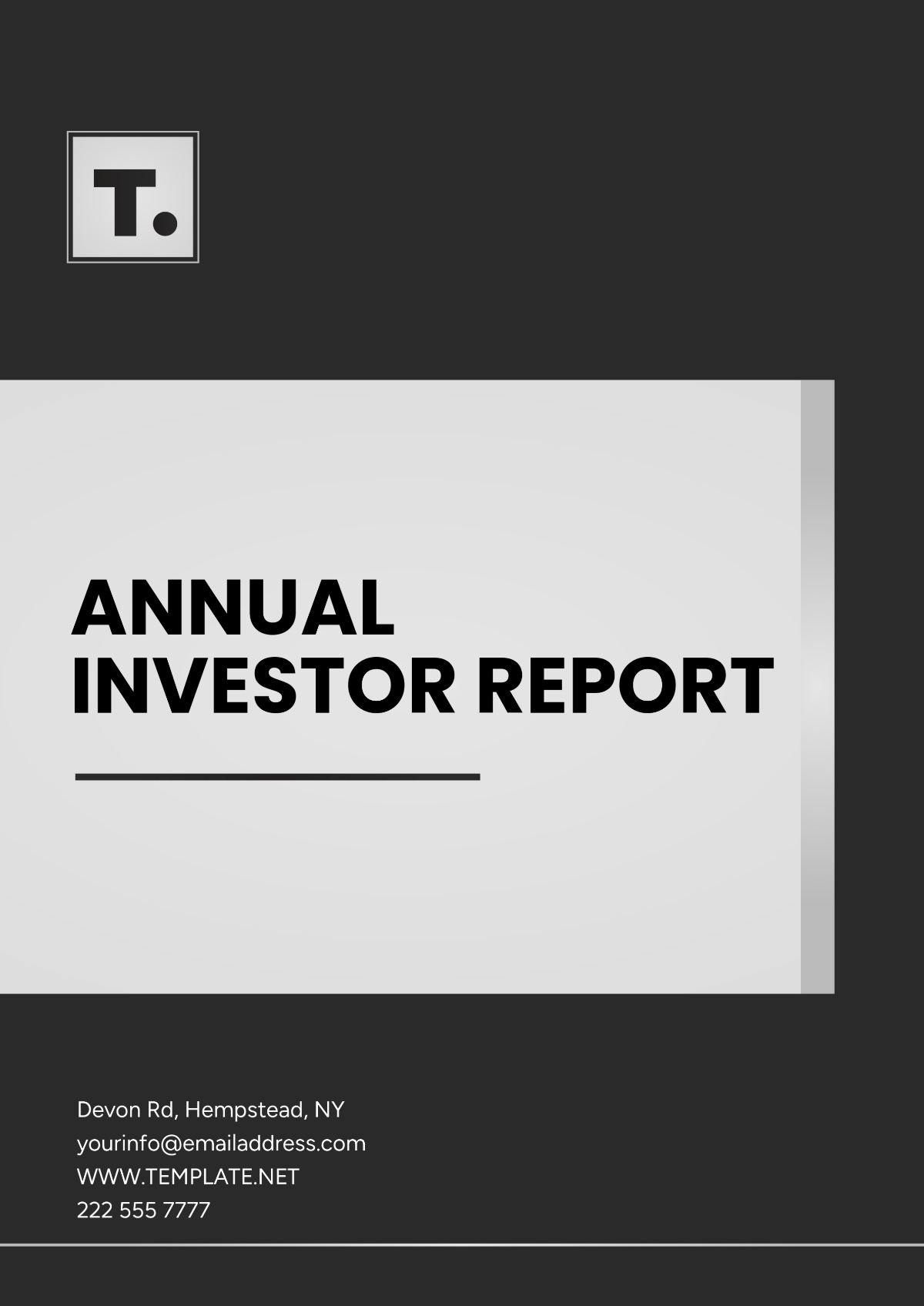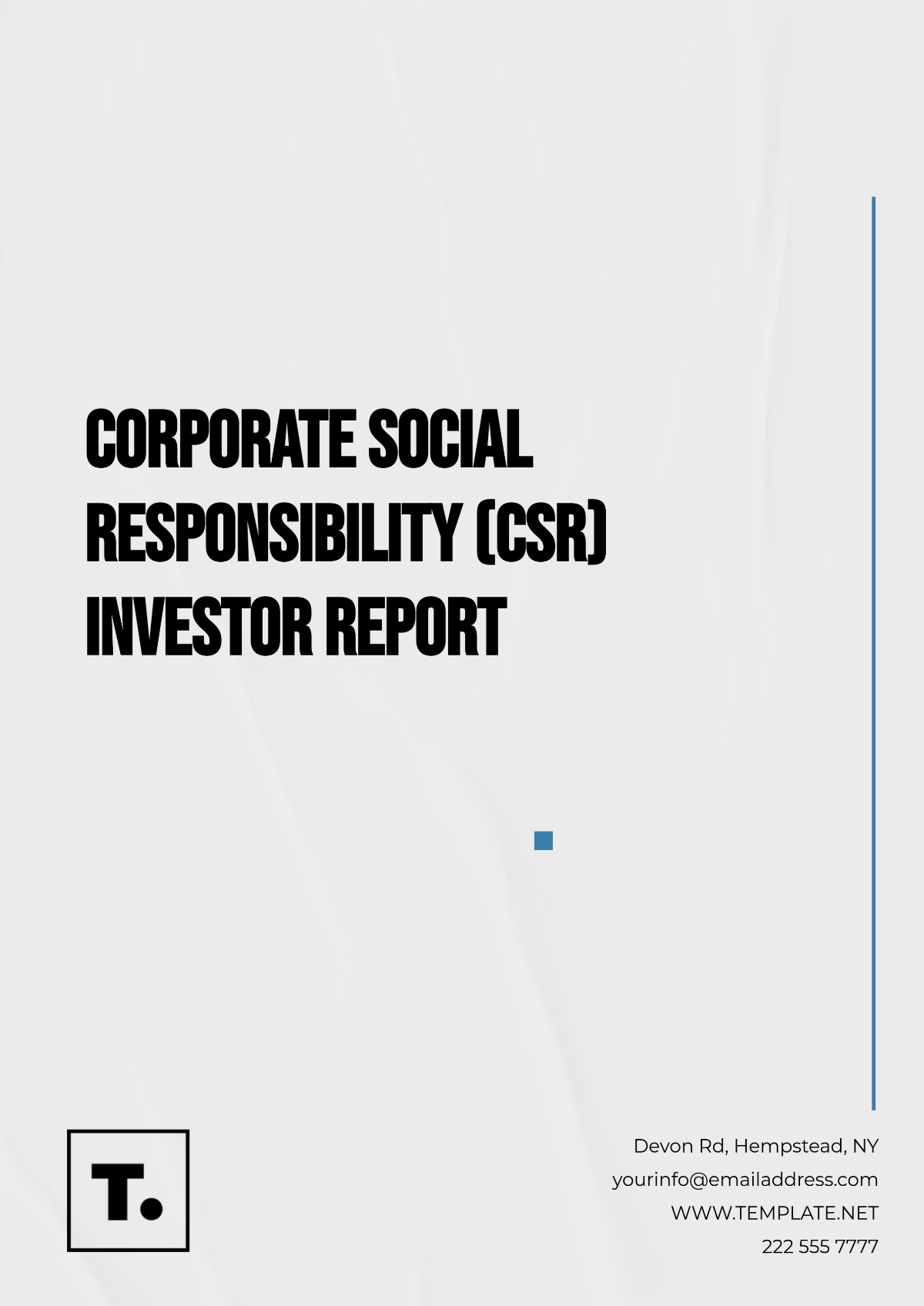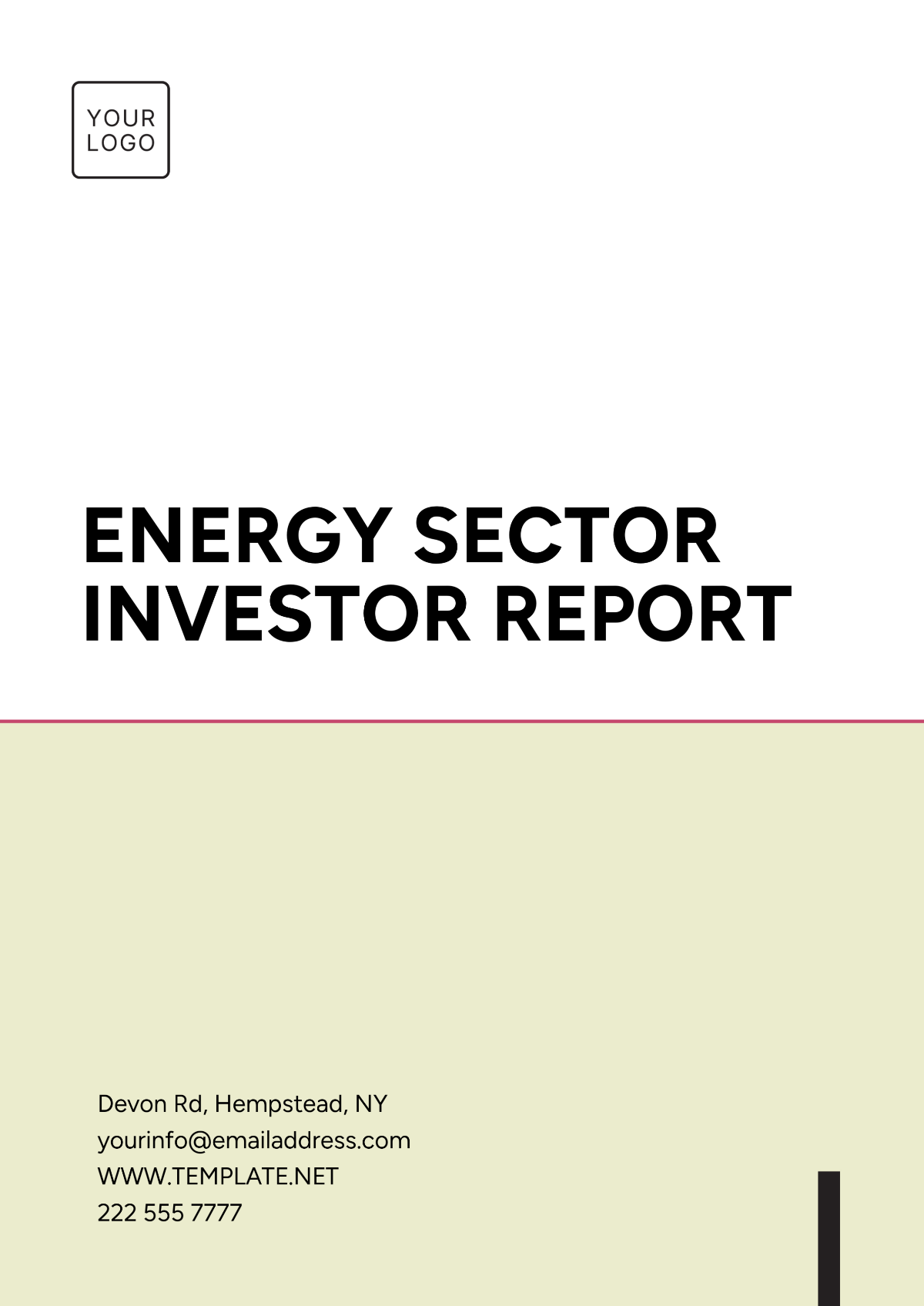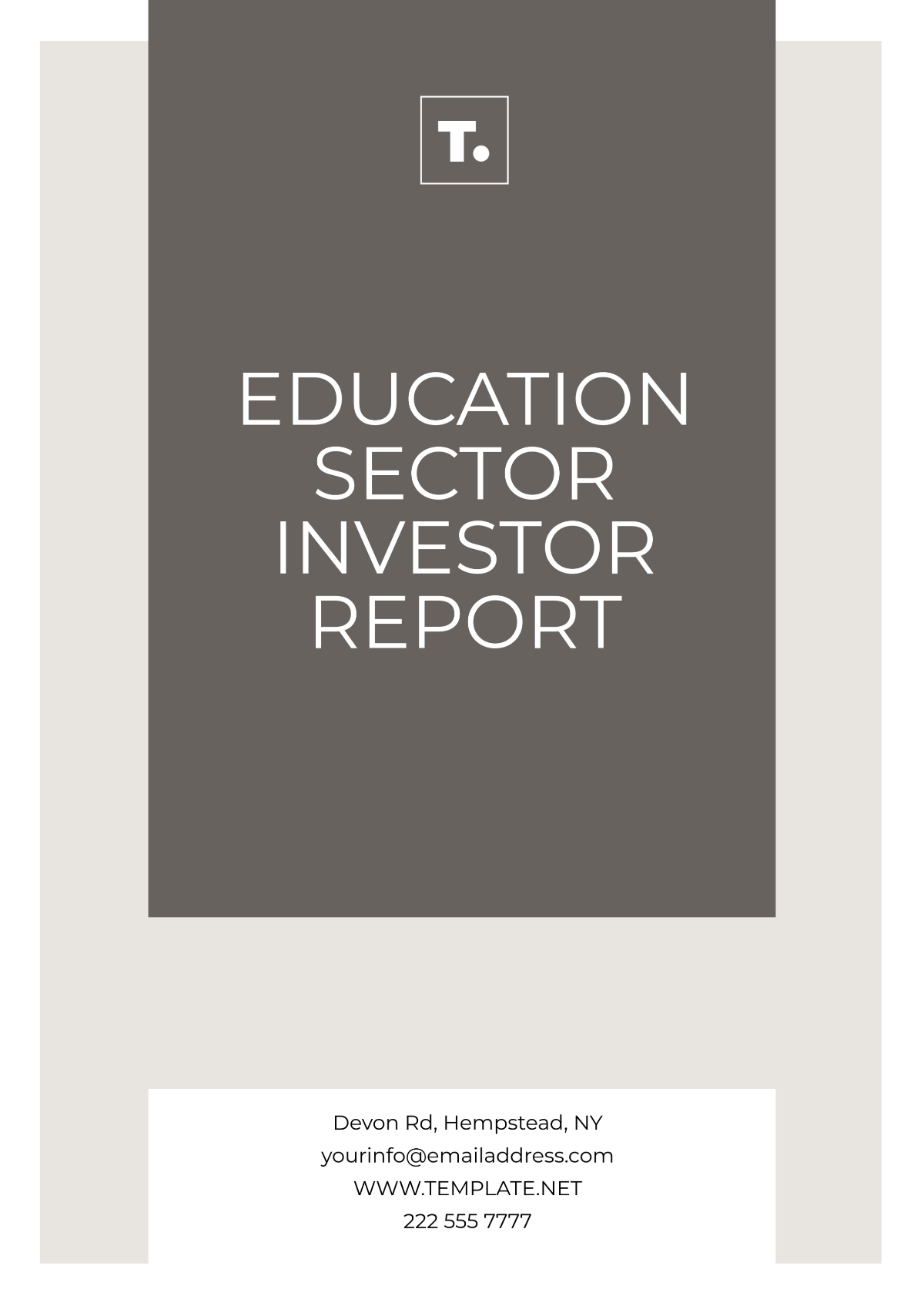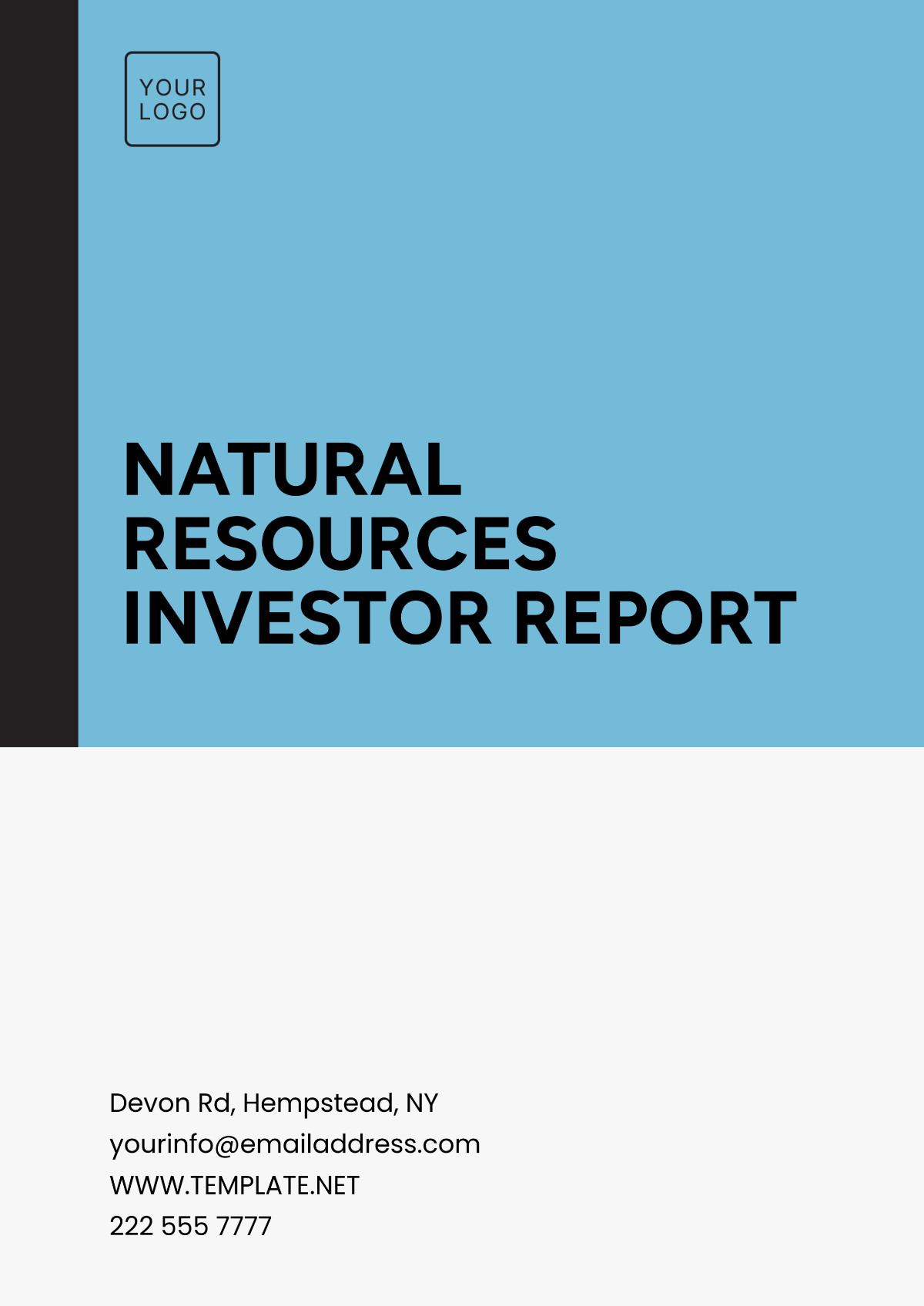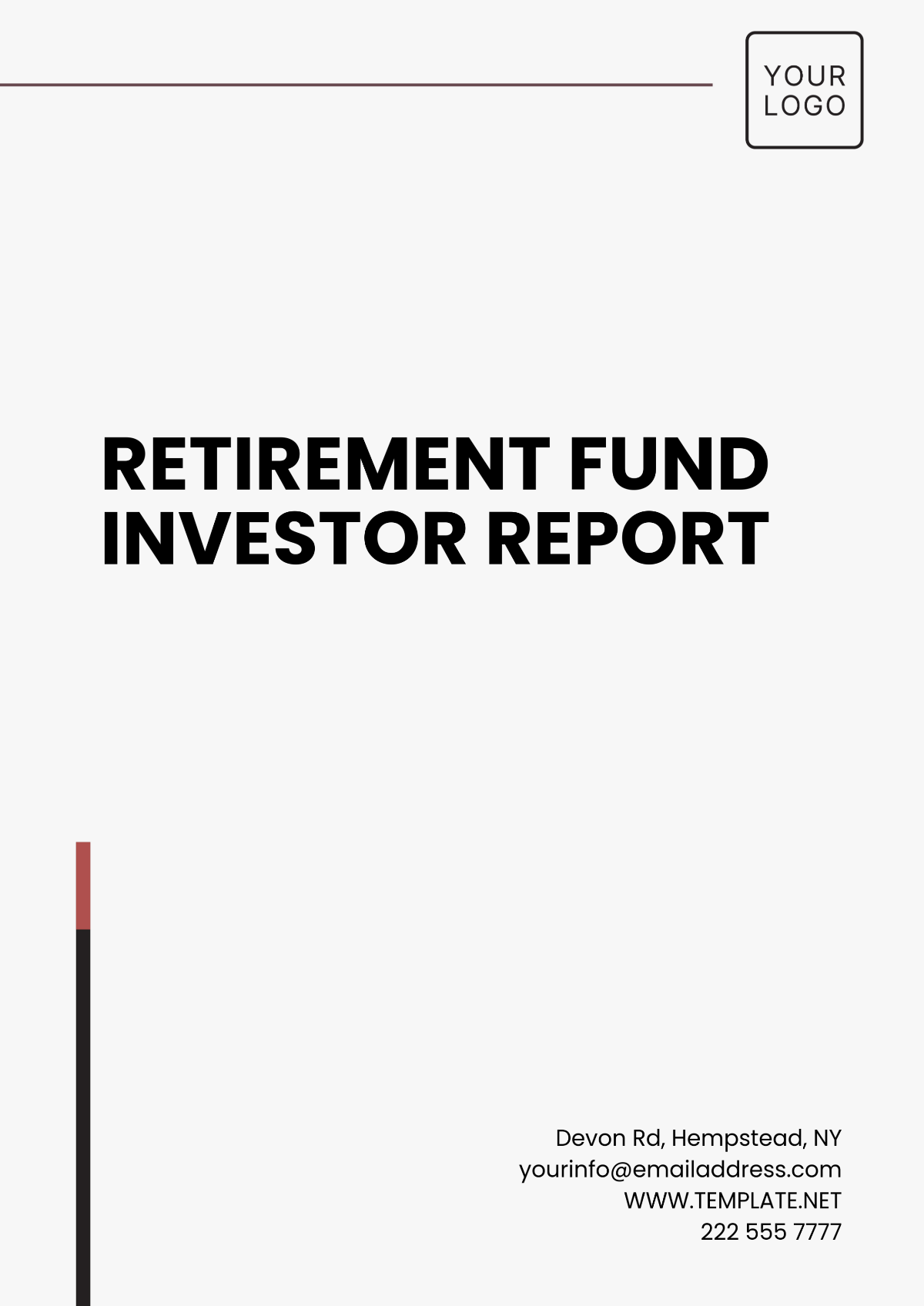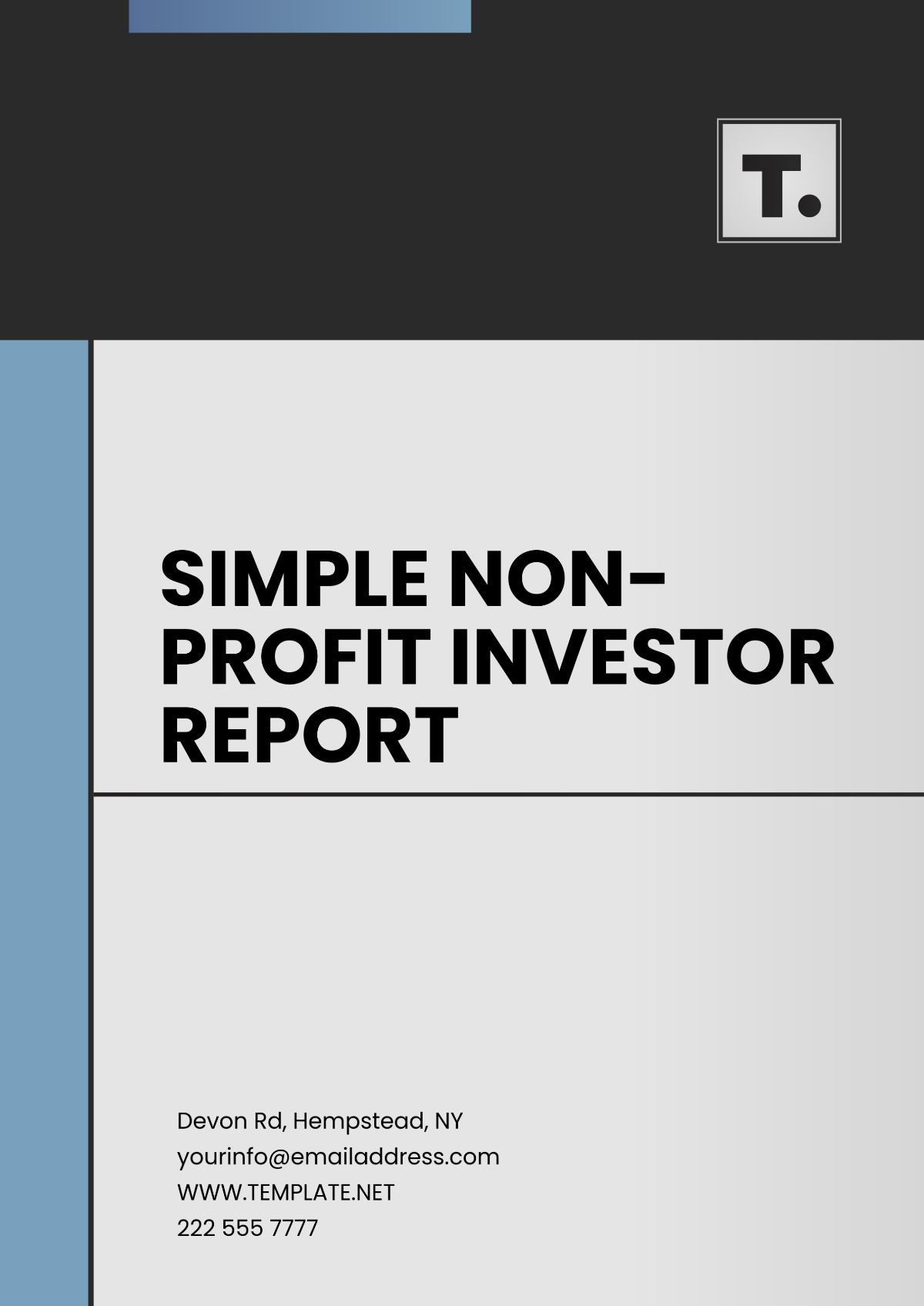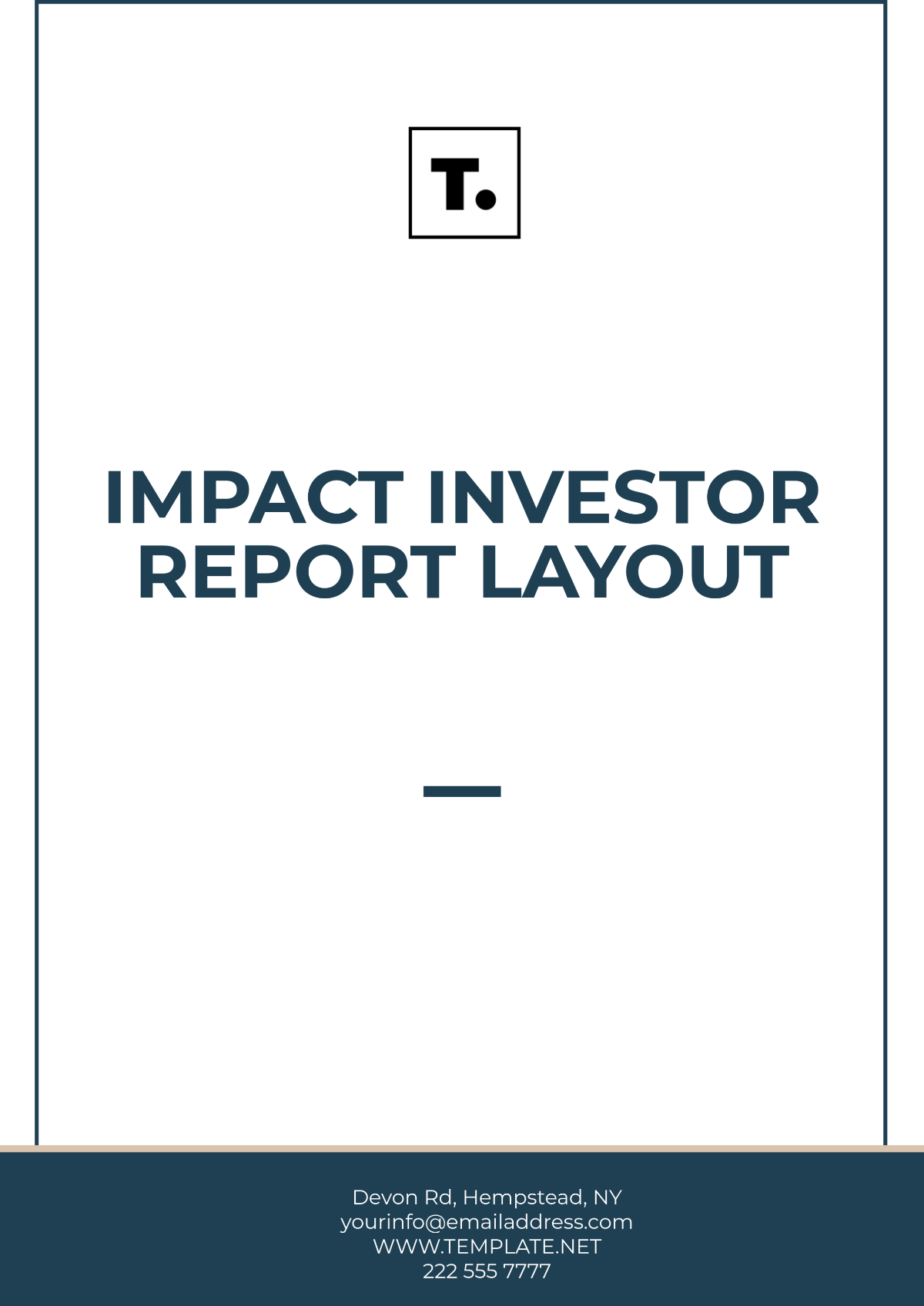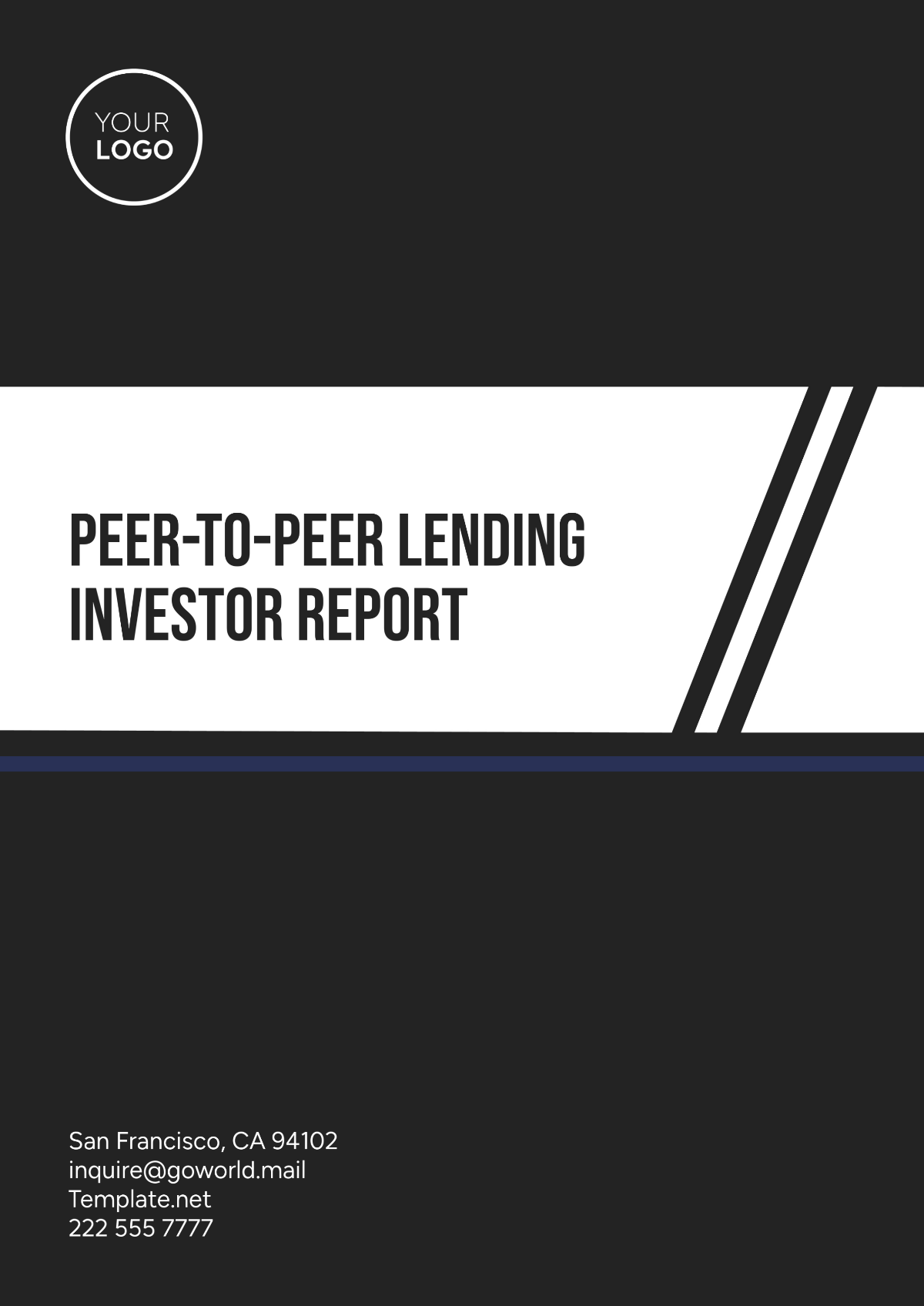Free Cryptocurrency and Blockchain Investor Report Template
Cryptocurrency and Blockchain Investor Report
Prepared By: [Your Name]
Date: [Date]
Introduction
The cryptocurrency and blockchain sectors have seen exponential growth over the past decade, fundamentally transforming financial systems globally. This report aims to provide investors with a comprehensive understanding of the current state of the cryptocurrency market, emerging trends, and strategic insights into blockchain technology to inform investment decisions.
Cryptocurrency Market Overview
Market Capitalization and Volume
As of 2053, the total market capitalization of cryptocurrencies has reached over $2 trillion. This substantial figure showcases the adoption potential and the financialization of digital assets. The average daily trading volume across all cryptocurrency exchanges has grown significantly, underlining increased volatility as well as market interest.
Year | Market Capitalization (USD) | Daily Trading Volume (USD) |
|---|---|---|
2050 | 780 billion | 150 billion |
2051 | 2 trillion | 500 billion |
2052 | 2.5 trillion | 750 billion |
2053 | 2 trillion | 600 billion |
Key Cryptocurrencies
The cryptocurrency landscape is dominated by a few key assets. Bitcoin and Ethereum continue to lead the market in terms of capitalization and adoption. Other significant cryptocurrencies include Binance Coin, XRP, Litecoin, and Solana, each contributing unique innovations and use cases to the ecosystem.
Bitcoin (BTC) - The pioneer of cryptocurrency with a first-mover advantage and largest market capitalization.
Ethereum (ETH) - A decentralized platform for building decentralized applications (dApps), smart contracts, and hosting ICOs.
Binance Coin (BNB) - Utilized in Binance Exchange transactions offering various financial services.
XRP - Known for its use in global payments and remittances.
Solana (SOL) - Recognized for high-speed transaction capabilities and scalability.
Blockchain Technology Trends
Decentralized Finance (DeFi)
Decentralized Finance represents a significant innovation in blockchain, creating a decentralized infrastructure for financial services. DeFi protocols are enabling peer-to-peer trading, borrowing, and lending without intermediaries. The total value locked in DeFi platforms has grown notoriously, attracting both retail and institutional investors.
Non-Fungible Tokens (NFTs)
Non-Fungible Tokens have introduced new paradigms in digital ownership and intellectual property. Beyond digital art and collectibles, NFTs are being integrated into various industries including gaming, real estate, and entertainment, thus broadening investment opportunities.
Scalability Solutions
Blockchain networks face the challenge of scalability, crucial for mass adoption. Innovations such as Layer 2 solutions (e.g., Rollups, State Channels), alongside cross-chain technology, are being developed and implemented to scale blockchains securely and efficiently.
Investment Considerations and Strategies
Regulatory Landscape
Regulation in cryptocurrency remains a significant factor affecting market stability and potential returns. Governments globally are crafting legislation around digital assets, securities regulations, KYC (Know Your Customer), and anti-money laundering (AML) compliance. Investors must stay informed of regulatory changes and engage with compliant platforms to minimize risk.
Risk Management
Investing in cryptocurrencies necessitates a solid risk management strategy due to market volatility. Diversification across various digital assets, market segments, and geographic regions can mitigate potential risks. Additionally, employing stop-loss orders and setting investment limits are prudent measures for individuals and institutions alike.
Long-term vs. Short-term Investments
Long-term investment strategies may focus on established cryptocurrencies with substantial backing and adoption potential. Short-term investments might capitalize on new coin offerings and rapid technological developments primarily driven by speculative trading. Investors need to establish clear investment horizons aligned with their risk tolerance and financial objectives.
Conclusion
The dynamic nature of the cryptocurrency market and blockchain technology continues to offer diverse investment opportunities. However, due diligence, strategic asset allocation, awareness of market trends, and compliance with regulatory frameworks are imperative to navigating this volatile but promising landscape.

